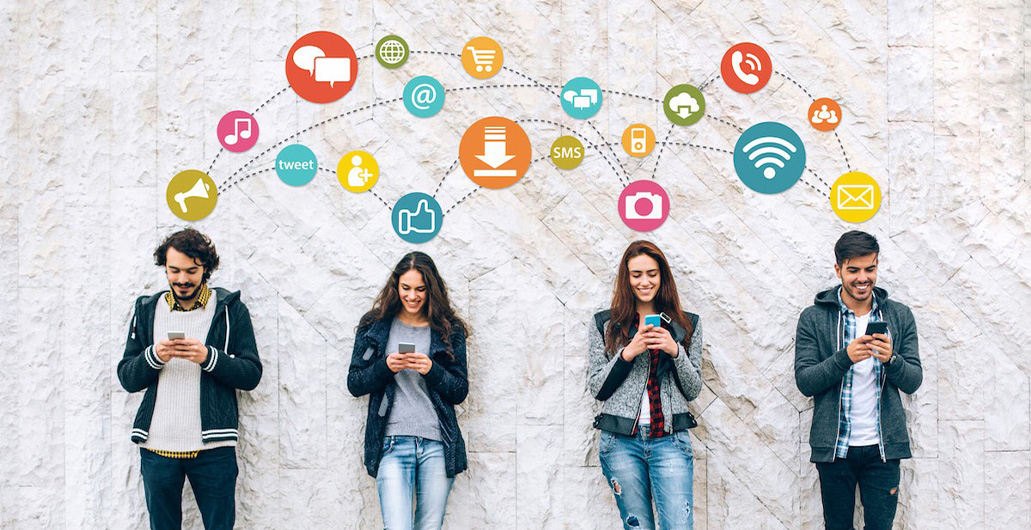Nowadays in the full sense of the word we can say that the creation of identity is not influenced only by society or a social group. Today there are other factors that prevent us from creating our identity the way we really want to be. One of the most influential factors for this is the media, mainly social networks.
Who am I? As a question it no longer exists, but we already ask, who do I want to be? This is a question that many individuals, especially teenagers, ask themselves.
Almost all teenagers like the so-called social media (social networks), such as Facebook, Instagram, Twitter, etc., but what teenagers do not see is how much these social networks affect their self-esteem. The best example of this is the problem of "likes" or likes they receive on these social networks. If they do not get enough "likes", they consider themselves "losers". They believe that if a photo is not "perfect" then they will not be liked by others, but also by themselves. They lose their sense of identity, try to do things for others without stopping, and think about what they are really doing for themselves.
The question arises, is it the problem of social networks, or of young people who are losing the sense of being "themselves", that is, to have a personal identity. Technically, the purpose of social media is not to "destroy" the lives of others. Social networks have some positive aspects. As an example we have that through social networks we have managed to connect with family and society from all over the world, we are quickly informed about what is happening in the world, or about different events, we learn different lifestyles, etc., but this does not mean that social networks do not even convey the negative aspect. Precisely because social networks follow the way of life, "lifestyle", this brings insecurity to young people, but also to others. Some young people have managed to become famous through social networks while others, seeing their success, feel insecure and want to be like them, to live "their life". It turns out that the problem is not only in social networks, but also in the awareness of young people.
A 2010 study by New York University found that people with low self-esteem spend more time on social media. 74% of girls say that all their colleagues use social networks to impress others and look more attractive, while 41% of others said they do the same. This suggests that through social media they try to portray a "different person" from them as they really are, a "cooler" person just to be liked by others.
In any case, we should not see social networks as a problem that is taking the lives of young people, because we should not deny the fact that they have made our lives much easier in terms of communication and connection with others. The problem lies with young people who are failing to establish control over the use and perception of social networks, but at the same time I do not deny the fact that they affect the creation of personality. So it remains a big question mark whether we can change or make others aware that social media is used for exactly those positive aspects I mentioned above, and not for those negative aspects that lead to an identity crisis , which often lead to ignorance of oneself, creating many personalities and creating confusion among young people about who they really are.
 ALB
ALB ENG
ENG
